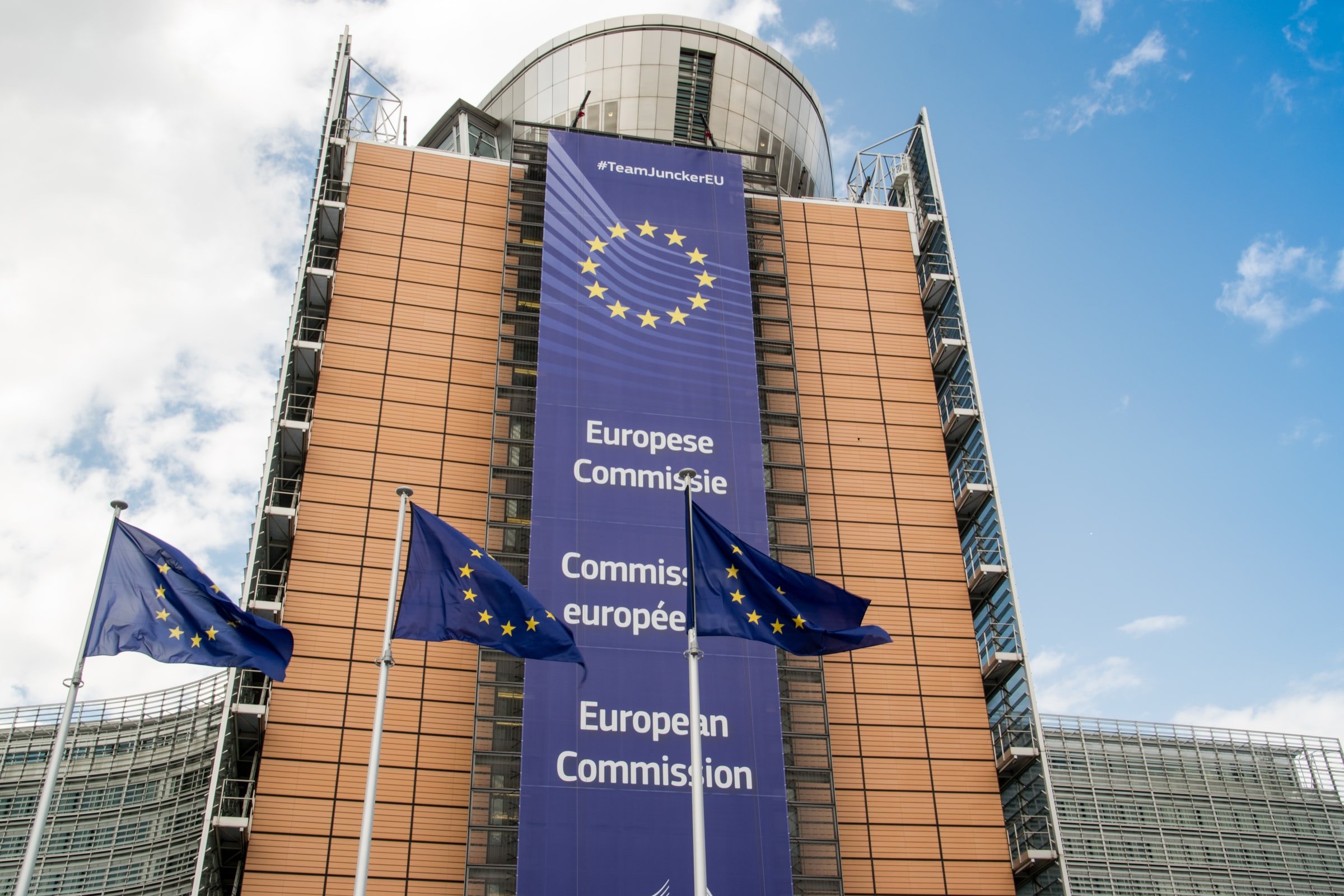
The EU is slapping large tariffs on Chinese optical fibre cables after finding they’re being sold at artificially low prices.
On Thursday, the EU announced that it will be introducing the anti-dumping duties following a European Commission investigation. The duties are intended to remedy damage to European producers such as Prysmian, Corning, and Acome.
Major Chinese optical fibre cable manufacturers include Yangtze Optical FC, Hengtong Group, Fiberhome, and Futong.
Here are the duties being imposed by the EU:
| Company | Anti-dumping duty |
| FTT group: – FiberHome Telecommunication Technologies Co., Ltd. – Nanjing Wasin Fujikura Optical Communication Ltd. – Hubei Fiberhome Boxin Electronic Co., Ltd. | 44.0% |
| ZTT group: – Jiangsu Zhongtian Technology Co., Ltd. – Zhongtian Power Optical Cable Co., Ltd. | 19.7% |
| Other cooperating companies | 31.2% |
| All other companies | 44.0% |
Industry group Europacable brought the complaint to the EU on behalf of the region’s producers.
Europacable said that around 1.2 million kilometres (745,000 miles) of optical cable was sold in Europe in 2020, with approximately 15-20 percent of that coming from China.
Philippe Vanhille, EVP Telecom Division at Prysmian Group, commented:
“We welcome today’s European Commission decision and it is reassuring to see that Europe is able to strongly act against unfair practices. Fair competition must be ensured in the interest of our customers and stakeholders, to guarantee a sustainable availability of quality components for the construction of the European optical infrastructure.
We believe it is fundamental to maintain high-quality standards in the optical fibre segment, in order to ensure faster, more stable optical networks, cost-effective, and environmentally-friendly installations with lower operating costs and an increased network lifespan.
Only by doing this will be able to guarantee that the integrity of the network infrastructure is secured, stability is increased across all bands, and possibilities are opened up for system evolution.”
Very few European telecom operators cooperated with the investigation, likely due to the fact they’ve been enjoying cheaper optical cables for their rollouts.
One of just two major operators to cooperate was Deutsche Telekom. The operator voiced its concerns about the resulting prices increases.
“[Deutsche Telekom] argues that anti-dumping duties on OFC from China can lead to significant issues to secure Union cable demands and risk hindering or delaying network rollouts and would lead to a significant cost increase for EU customers,” reads a legal document.
The Commission conceded that prices would increase for European operators as a result of the duties. However, the EU determined that optical fibre represents a minor share of rollout costs of projects, especially 5G.
Ultimately, the EU Commission decided that it must stand firm against “the unfair export behaviour of Chinese exporters”.
(Photo by Ernesto Velázquez on Unsplash)

Looking to revamp your digital transformation strategy? Learn more about the Digital Transformation Week event taking place in Amsterdam on 23-24 November 2021 and discover key strategies for making your digital efforts a success.





